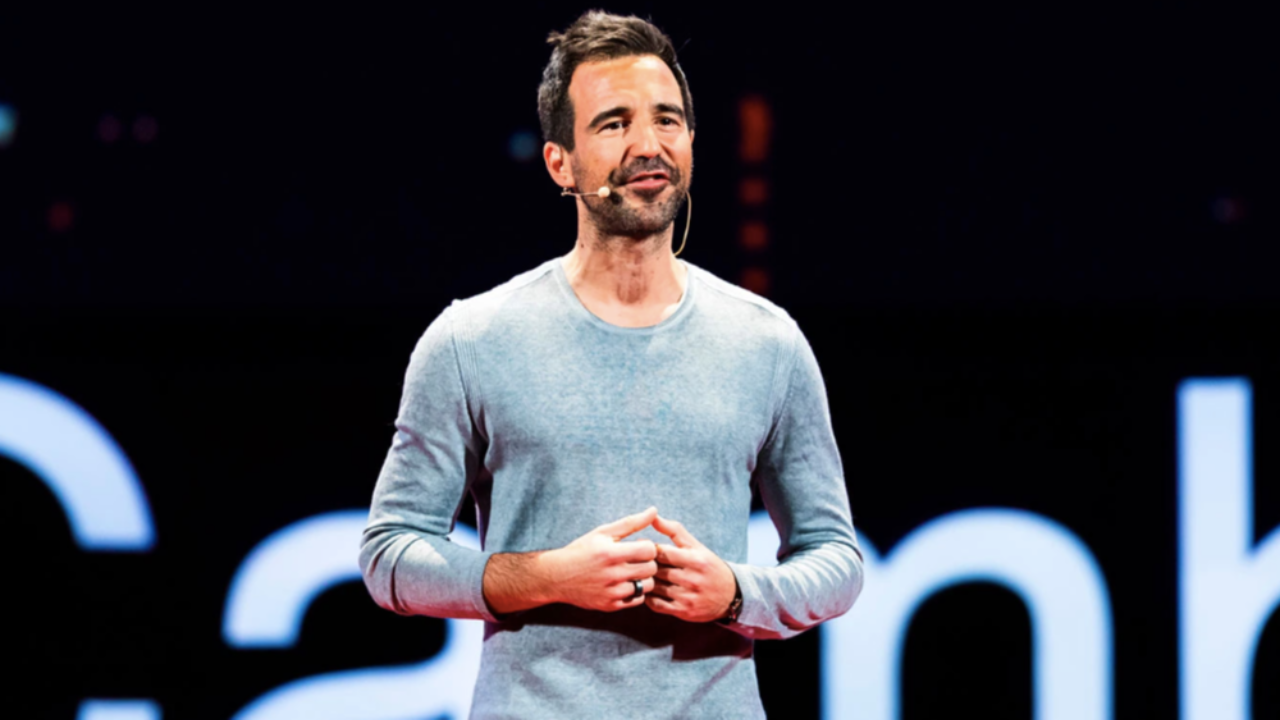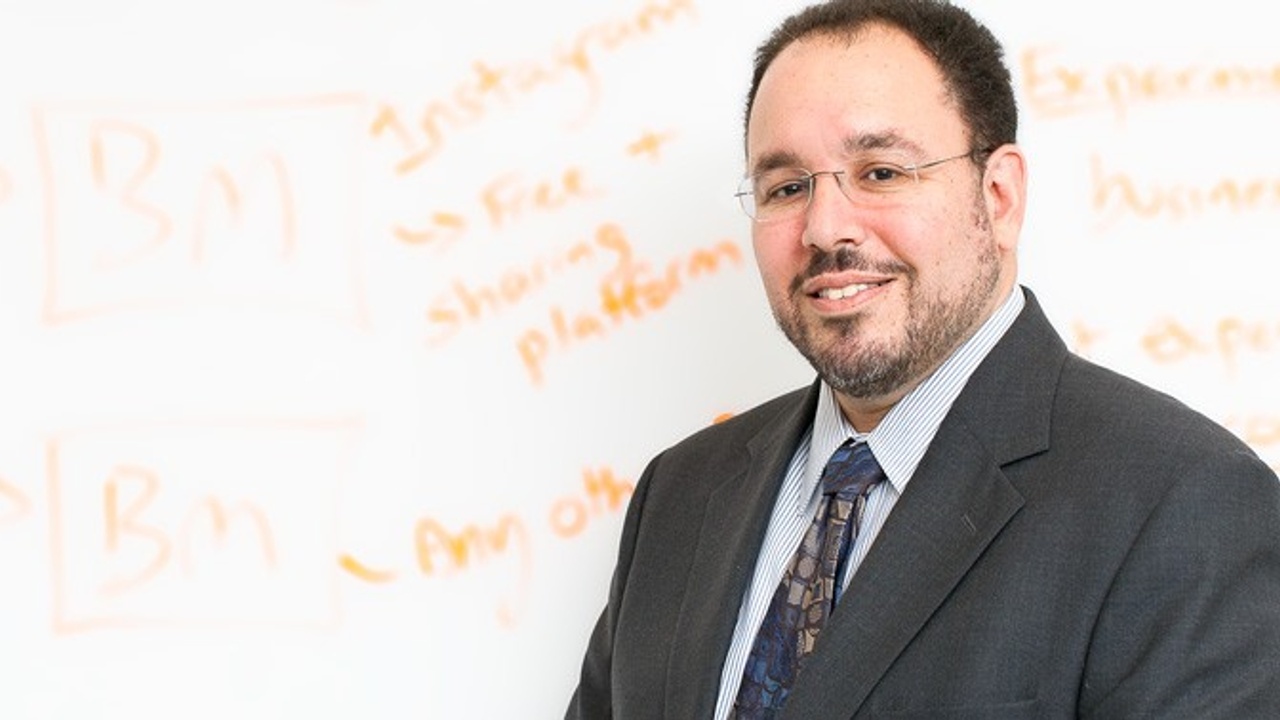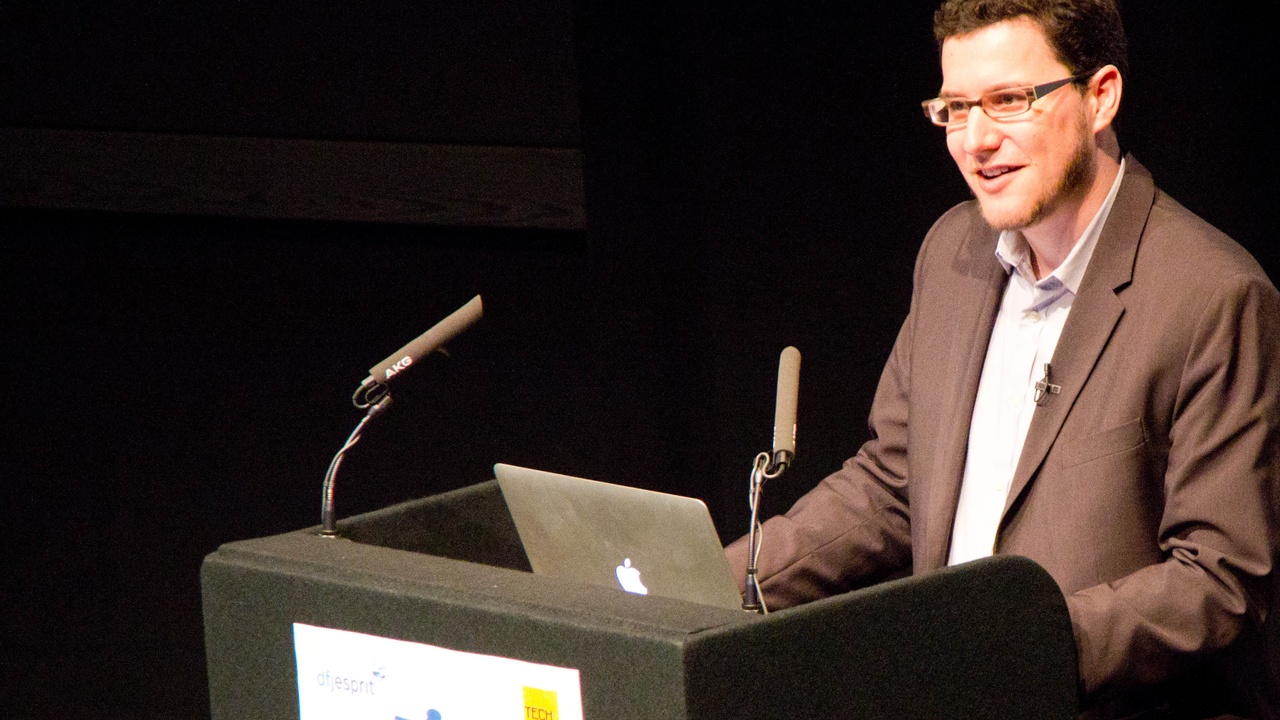Humans invent technology and then technology changes humans. It was ever thus.
The biggest technological trend today is artificial intelligence. if you want to be an insightful leader in the Digital Age, you do need to understand what AI is doing to us, so you can reap the benefits and minimize the...
Some technologies lose businesses money and put off their customers. So why do businesses use them?
The technical term is shiny object syndrome! We waste money and make bad decisions when we forget that technology is a tool, not an end in itself,.
The role of a true Digital Leader is to discern wh...
Most products brought to market fail. Tech Entrepreneur Ash Maurya says this is "not because we can't complete what we set out to build, but because we waste time, money, and effort building the wrong product."
Maurya is the author of Running Lean: Iterate from Plan A to a Plan that works, and crea...
What kind of doorbell do you use? A buzzer? A door knocker or a Ring smart doorbell system?
Right now, you can see all three inventions in use: one that has been around for millennia, and another that was created just 20 years ago.
This shows the wide gap between tech invention and its wide-scale ...
Digital Transformation is going to continue being a huge force in business, but the way it’s being done is changing. People, not tech tools, are the new priority.
Listen to this episode to learn how to make the most of this opportunity.
Learning notes from this episode:
- Global digital transform...
If you’re feeling guilty about switching on yet another streaming series, here are three shows you can watch to learn about tech in your downtime:
- General Magic - tells the tale of how a great vision and an epic failure changed the lives of billions. It is a documentary about the people and the t ...
This December, Microsoft (founded in 1975) took a 4% stake in the London Stock Exchange (founded in 1698). As part of this deal, the LSE will spend at least $2.8 billion on Microsoft’s cloud related services in the next 10 years.
Big Tech and finance have been getting closer and closer in recent ye...
There is plenty of hype about AI, but most organisations are still using old precesses to make decisions.
We are in the Between Times: "after AI's clear promise and before its transformational impact," as described in the book Power and Prediction: the disruptive economics of Artificial Intelligen...
To be digitally savvy, follow the 30% rule – this is the minimum threshold that gives us just enough digital literacy to thrive in the tech age, says Professor Paul Leonardi.
- “To have digital transformation in your company, you don’t need to know how to code, but you need to know enough about cod...
Software updates can have weird unintended consequences that the company doesn't even know about. Existing features that worked perfectly can stop working, leading to lost revenues and annoyed customers.
Listen to this episode to learn why this happens and how non-technical leaders deal with it whe...
Technology is a tool, not an end in itself. The quickest way to bridge the gap between tech and business teams is to relate business outcomes to technology.
Learning notes from this episode:
- In every company, you always have two sides: the people who make the product, and the people who sell th ...
"Successful entrepreneurs don't have better ideas, they have a better process," says Eric Reis in The Lean Start-Up. To learn how to innovate with speed, listen to this week's episode.
Learning notes from this episode:
- “A start-up is a human institution designed to create a new product or servic...















